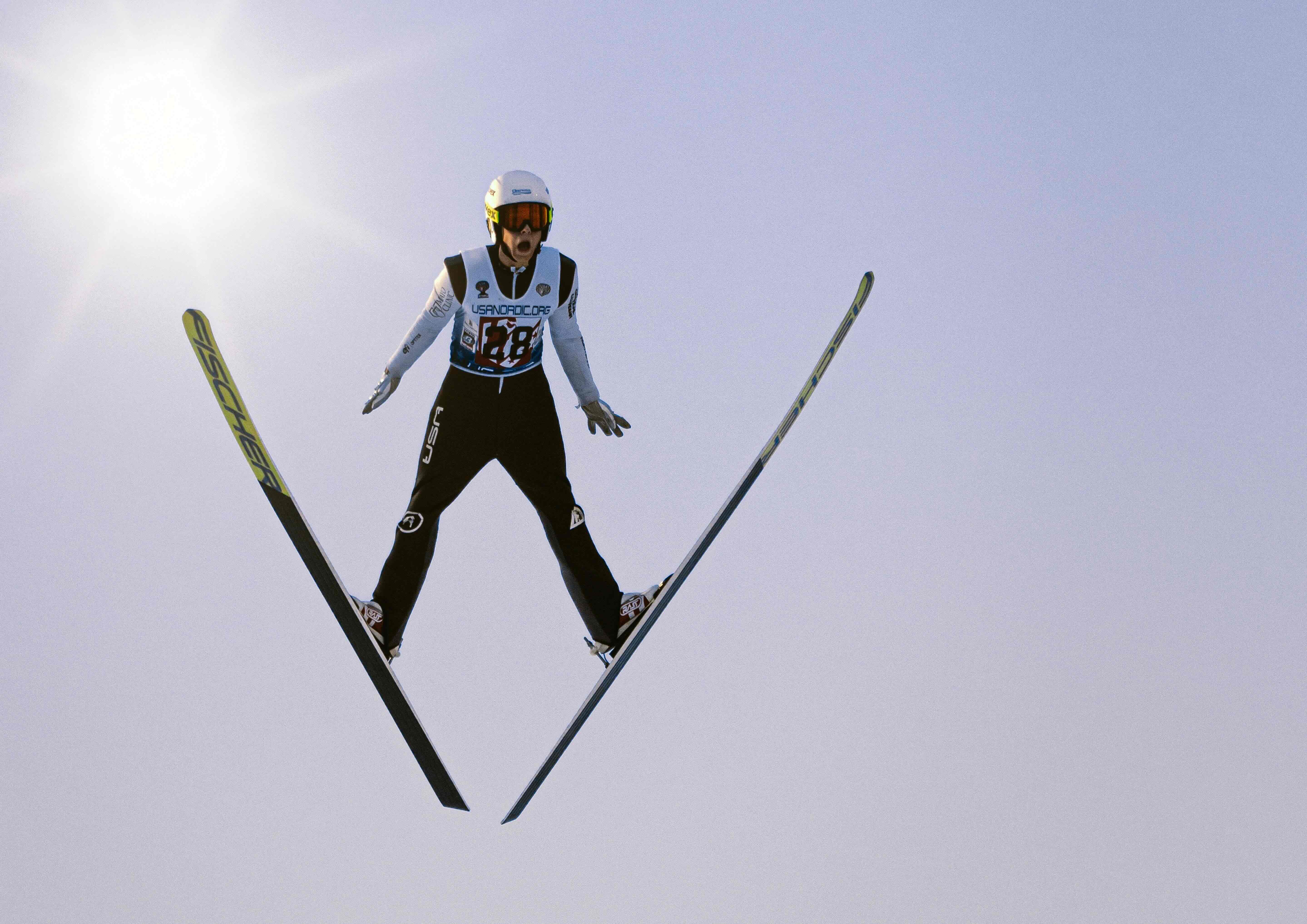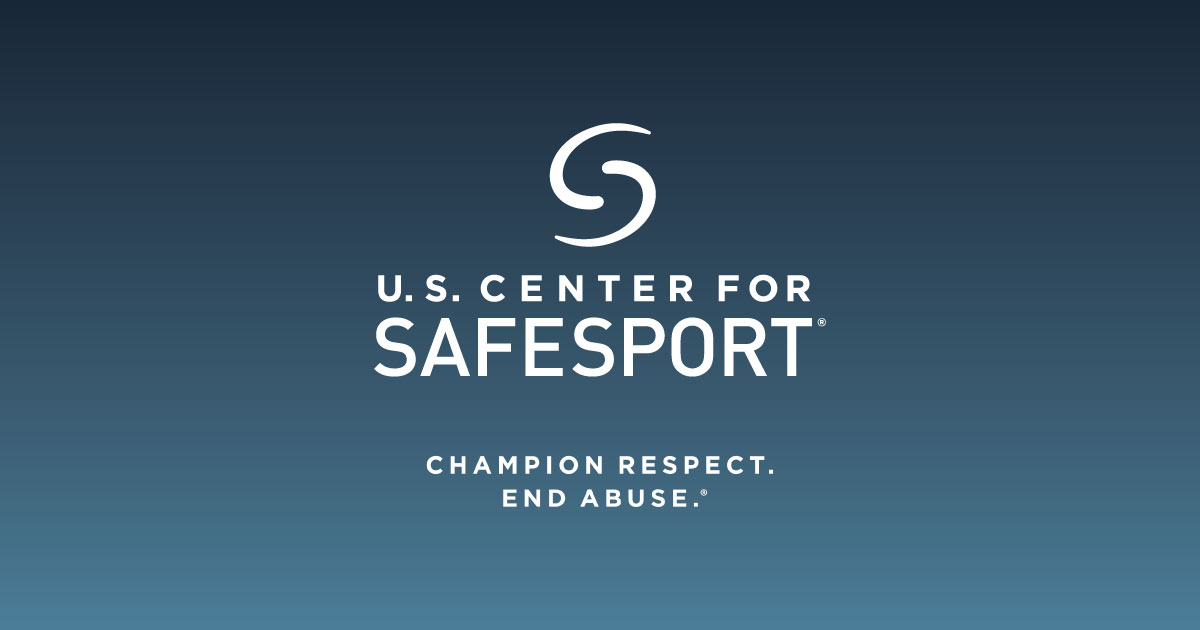
More than 50% of athletes experience abuse in sports.
The 2024 Paris Olympic Games will see 10,500 athletes.
Let that sink in…
The Olympic Games symbolize unity, excellence, competition, and respect. It is one of the most awaited events, where athletes and sporting fans from across the globe unite every four years to celebrate sports at the highest level. Coaches, training staff, team members, parents, and medical support all work towards an athlete’s goal to be an Olympian. Years of sweat and tears boil down to just a few days in the Olympic Village.
The Olympic Village is an athlete’s home base during the games. The Village spreads across the host city and has room for athletes to explore and experience as it becomes a multicultural hub. However, this invites the possibility of athletes and delegations abusing the freedom and opportunities within the Village.
There have been numerous instances of sexual misconduct and abuse taking place at the Olympics. In an interview, Winter Olympian Kate Hensen mentioned that “Everyone sleeps around in the Olympic village”. Looking at the 2016 and 2020 games, there have been a few times when individuals questioned the safety of athletes and staff. The two incidents involving sexual assault in Rio included an athlete and a staff member within the Village. At the Tokyo Games, before the opening ceremony, a man was arrested and suspected of having raped a woman at the Olympic Stadium, both of whom were part-time workers at the stadium. Furthermore, a Team USA fencer was barred from the Olympic Village due to multiple allegations of sexual assault before the games.
This misconduct and abuse expand beyond the village boundaries. It occurs within arenas, stadiums, locker rooms, medical centers, dining halls, buses, and trains. The issue is more than a coach-athlete relationship. With so many individuals involved, there could be different power dynamics, from athlete-athlete, athlete-worker, athlete-spectator, athlete-staff, and many more combinations.
The International Olympic Committee has been working towards ensuring a safe and healthy sporting environment for all athletes. The Games in Rio witnessed the brand new IOC Games-time framework that includes educational material and prevention tips and requires safeguarding officers at the Games. The Olympics also have their Safe Sport resources available for athletes on their website. However, the most important step was taken by the 2018 Pyeongchang Games. The organizing bodies decided to set up four sexual violence counseling centers around the Village, open for late-night events, to offer mental and medical care along with legal aid for the victims, which included spectators, workers, staff, and athletes.
These preventative steps have occurred in the past, and the 2024 Paris Games have further improved their safeguarding techniques and tools. Safeguarding officers will be present at the Safe Sport Zones, above the fitness center in the Olympic Village. For reports of sexual violence and harassment at the games, teams have been informed to call 3919, the special line for female victims of violence in France. For the first time, the Games are incorporating AI-powered systems to help prevent online abuse and protect athletes and staff. Additionally, there is a dedicated mental health helpline for participants during the game to help them prepare themselves and offer a safe conversation space. However, what has caught the attention of the media is the steps Paris is taking by distributing 300,000 condoms to create a safe and comfortable environment for athletes. They have also created and installed beds made of cardboard, which have been termed “anti-sex” beds in the media to discourage individuals from intimate relations.
With the above initiatives in place, Paris 2024 hopes to be the first-ever sporting event and games to achieve the Terrain d'égalité label, which is awarded to organizers of major international sporting events to promote equality in games and also prevent discrimination, sexism, and sexual violence in the sporting arenas.
While these preventative measures are worth acknowledging, we need much more. The Village sees athletes as young as 12 or 13 years old living as adults with other athletes, coaches, etc. There are no separate measures for minors attending the games. It is important to consider how they might be influenced, groomed, or at risk within these overwhelming environments. Apart from this, the world’s fastest, strongest, and most influential athletes are all in one place. While it creates an amazing incentive to display their skill and talent, it also gives them the power to abuse the rules. Athletes who are under pressure, have other burdens, and might not have the strength or courage to report against the more powerful and popular. The Olympic Village is a melting pot, inviting a plethora of opportunities for miscommunication, fear of reporting, and lack of understanding or awareness. There are inconsistencies between athletes regarding the standard of education and awareness they have received on safeguarding and preventative methods. Cultural norms differ from country to country.
The Olympics must also take into consideration the cultural nuances that athletes and teams bring into the Village. What is normal treatment in one country could be an illegal offense in another. The IOC needs to focus on bridging the communication gaps for athletes and providing resources in multiple languages for athletes and staff to come forward and report these behaviors.
How are the Games equipped to protect all kinds of athletes in every possible situation? How will it change over the years? Is this enough to safeguard our athletes and delegations? Will it be readily accepted by all cultures and communities within a delegation? Will the 2024 Paris Olympic Games be a safe and healthy sporting environment?
It is about time these questions are answered.
Stuti Daga
NYU Student
References
- https://19thnews.org/2021/07/sexual-assault-protocols-olympics-village/#:~:text=The%20document%20specifies%20that%20a,the%20IOC%20or%20local%20law
- https://olympics.com/ioc/safe-sport/sexual-harrassment-and-abuse
- https://www.deseret.com/2018/2/16/20640122/wild-parties-hooking-up-and-drunk-superstars-why-we-need-to-talk-about-sexual-assault-at-the-olympic/
- https://bleacherreport.com/articles/10113478-300k-condoms-to-be-provided-to-athletes-at-olympic-village-at-2024-paris-games
- https://olympics.com/athlete365/safe-sport/sexual-harassment-and-abuse-in-sport/
- https://www.news.com.au/sport/olympics/antisex-beds-installed-inside-athletes-village-for-paris-olympics/news-story/2edb28ef5d97e47e899bc490ee8ff396
- https://olympics.com/athlete365/integrity/safeguarding-at-paris-2024-how-to-reach-out-for-help-and-support/
- https://olympics.com/ioc/news/ai-system-to-protect-athletes-from-online-abuse-during-paris-2024
- https://www.aol.com/article/news/2018/01/24/for-the-first-time-ever-olympic-villages-will-have-sexual-assault-resource-centers/23342322/
- https://olympics.com/athlete365/games-time/safeguarding-at-paris-2024-how-to-reach-out-for-help-and-support/
- https://www.deseret.com/2018/2/16/20640122/wild-parties-hooking-up-and-drunk-superstars-why-we-need-to-talk-about-sexual-assault-at-the-olympic/



-min.jpg)
